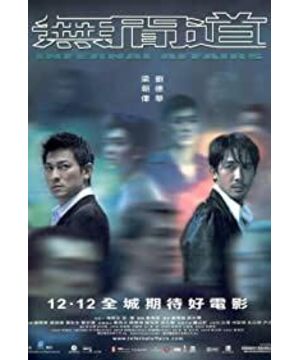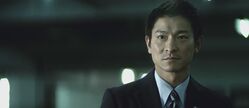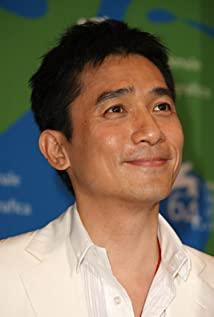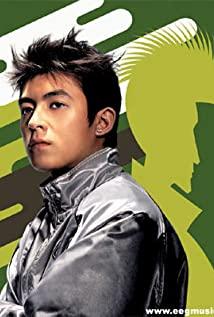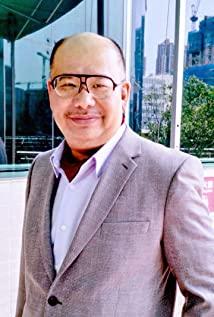For the first time, this movie made me feel that I couldn't understand a single detail that I missed. Of course, I was young and ignorant at that time and didn't understand the world. Later, I went to college and bought the DVD of the trilogy, which I watched every time I got home. Never tire of watching.
I really like the narrative style of the film. Whether it is the sequence of the first part, the flashback of the second part, or the two timelines of the third part at the same time. After reading all three, it seems like a circle is drawn. "You can't go to the end, go back to the starting point." It aptly confirms the theme - reciprocating in the endless hell and never coming back. I don't know if many of the shooting techniques in the film were created by Liu Weiqiang himself, but the diverse shooting techniques are indeed worth recalling. Whether it is the later "Wounded City" or "Daisy", although it does not reach the height of "Infernal Affairs", it is also impressive in the way of shooting.
The soundtrack in the trilogy is even more memorable for me. Throughout the catchy play, the compact soundtrack brings out the atmosphere vividly, and the tension is like an arrow on the string. There are also "Goodbye, Police" when the famous police officers Huang and Chen Yongren died in the line of duty, and an unknown tune similar to the variation of "Goodbye, Police" when Ni Yongxiao died, which touched me until now. I don't think I'll ever forget that scene of Officer Hwang falling into a taxi.
It is also from these three films that I like Tony Leung, Andy Lau, Liming, Huang Qiusheng, Wu Zhenyu, and Du Wenze. I mean... love watching them act.
"Tell you a secret, don't tell anyone else. . . . I'm actually a policeman"
"Me too"
View more about Infernal Affairs reviews


